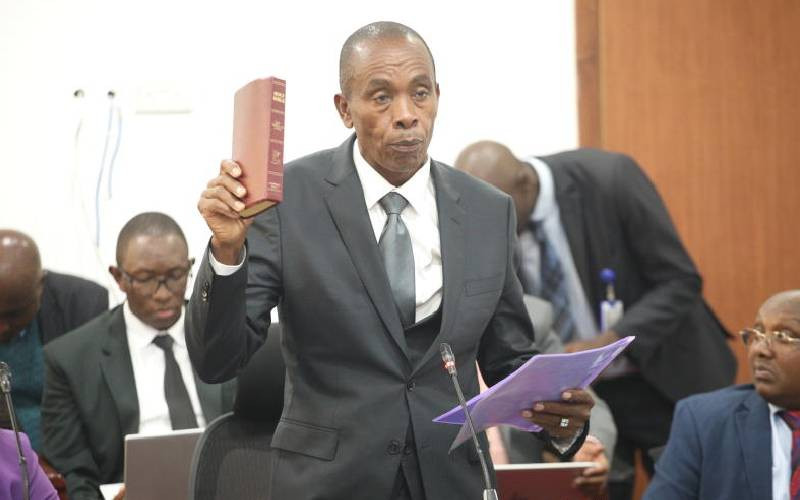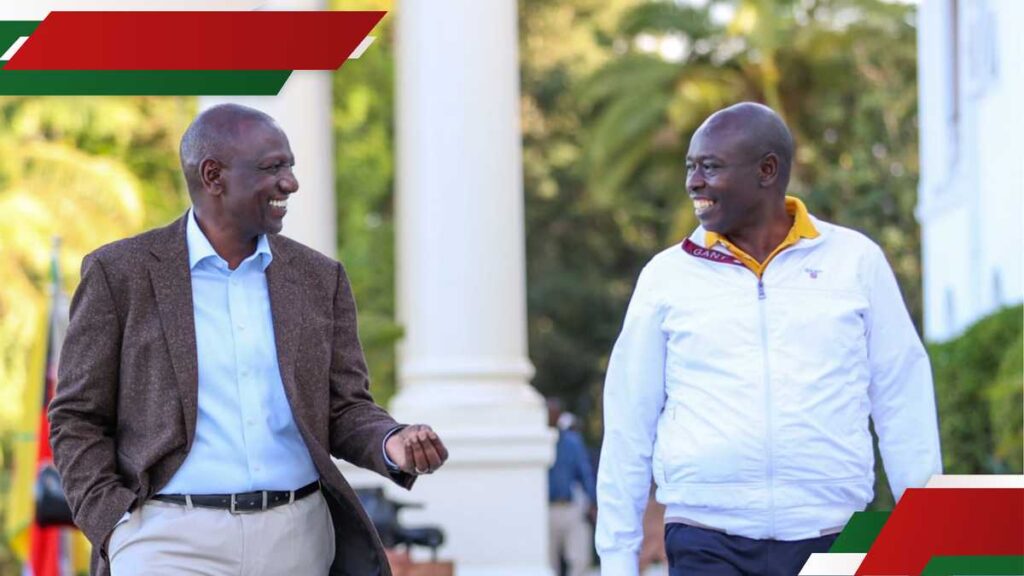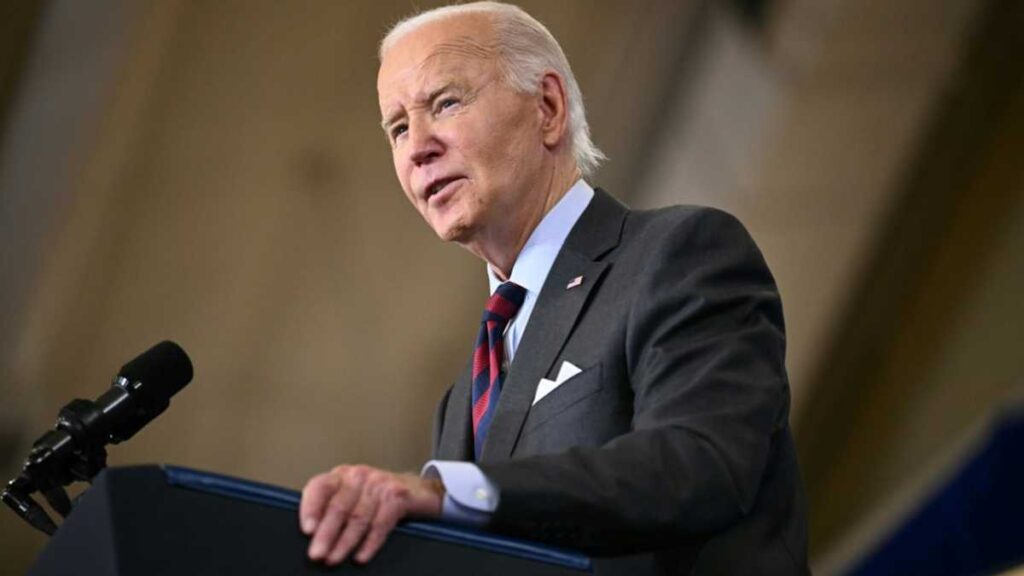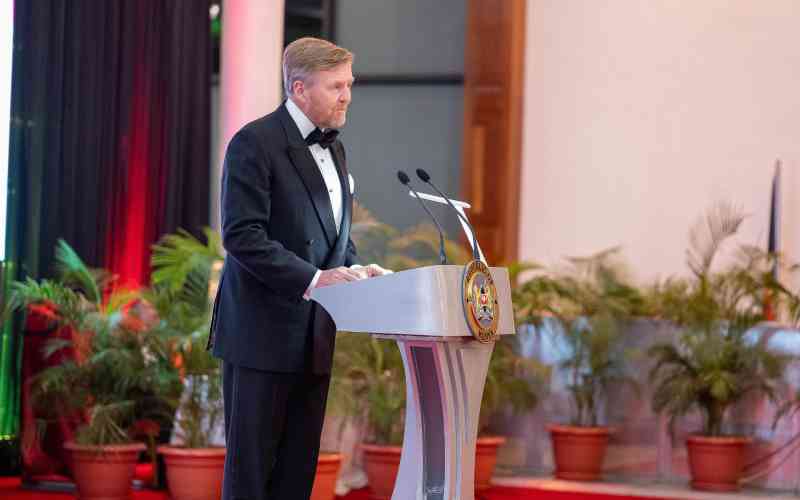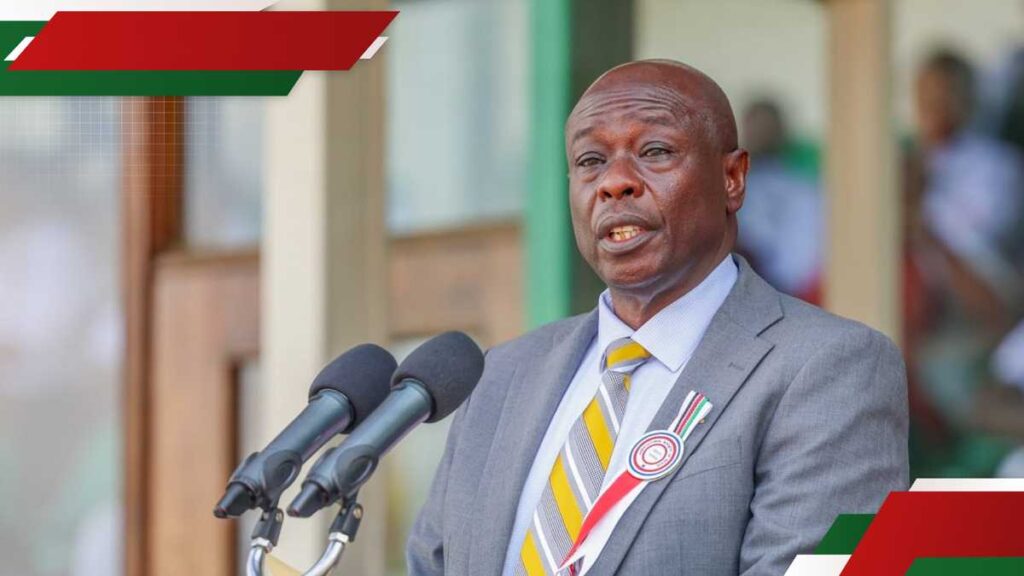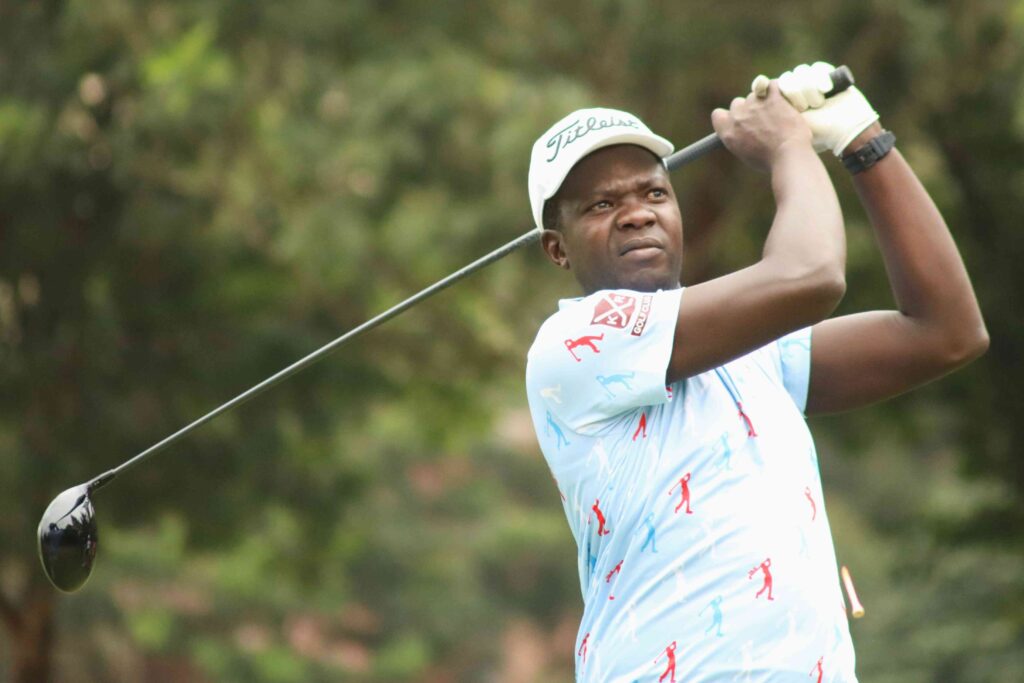The Ethics and Anti-Corruption Commission can investigate Kiambu Governor Kimani Wamatangi but cannot arrest him until the application he filed in court this week is heard and determined.
High Court Judge Chacha Mwita also directed the Director of Public Prosecutions, Renson Ingonga, not to charge Wamatangi.
The orders were issued after EACC’s lawyer David Ruto argued that Wamatangi was trying to shield himself from the probe. Ruto asserted that the commission had powers to investigate the governor.
Wamatangi, in his case filed before the High Court on Tuesday, stated that although the EACC had obtained orders to investigate a tender for the supply, delivery, and installation of the Enterprise Resource Planning System (ERP) to Filtronic International Limited, it ended up arresting him, which was outside the court’s orders.
The governor claimed that he has been a victim of harassment and victimisation by EACC for the past year. He further argued that this was a guise of conducting investigations into corruption allegations.
Wamatangi sued EACC, the DPP and the Inspector General of Police, seeking to block summons, arrest or being charged.
The governor’s lawyer, Dr Jotham Arwa argued that he (Wamatangi) was paraded to the public as though he had committed a crime.
“Even after the applicant had recorded a statement, the second respondent unreasonably and without any justifiable cause continued to detain him and only released him once his advocates threatened to pursue legal action over the outrageous abuse of power,” argued Arwa.
He argued that Wamatangi is not involved in any procurement processes. Arwa said that the commission failed to establish any links or involvement in procurement irregularities related to the ERP tender; instead, it shifted its focus to investigating him elsewhere.
“The second respondent thereafter asked the court to close the file that had been opened for purposes of their aforementioned investigations and has not pursued the matter elsewhere,” Arwa said.
The lawyer said that EACC, then again, three months later, obtained orders to freeze some five companies, this time round on the basis that it was investigating tenders awarded by Kenya Urban Roads Authority, Kenya National Highways Authority (KeNHA), and Kenya Rural Roads Authority.
The lawyer said that EACC alleged that his client owned the companies.
EACC said it moved to the Anti-Corruption High Court seeking to block the transfer of Sh166 million in the bank accounts cited in Wamatangi’s case. The commission said that Justice Lucy Njuguna issued the freeze orders.
Stay informed. Subscribe to our newsletter








